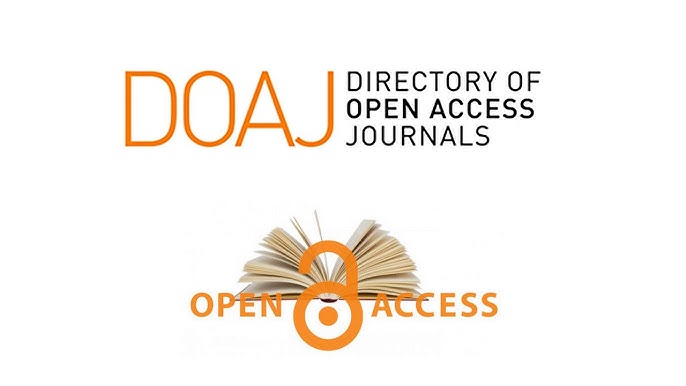The Significance of Omni-Balancing Theory in Clarifying " Third World leaders Policies
Abstract
Omni-Balancing theory is regarded as one of the international relations theories which contributed to clarifying state's behavior and policies, especially Leaders of the Third World countries that faced many internal and external challenges and threats during and after the Cold War. Therefore establishing alliances has been adopted as one of the policies through which threats can be confronted and limited.
Practically,Omni-Balancing theory has achieved its aims that represented by resisting, reducing or eliminating internal and external threats through political experiences that Asian and African countries witnessed that States have to mobilize all their abilities and resources against their dangerous opponents and enemies thansubordinate ones. Also, the state facing a threat, find itself to join alliance in order to face other. The state allies itself with other countries that have abilities in order to face the internal threat and eliminate it, consequently, addressing these threats lead to create alignment, which is regarded an essential pillar for the work of resistance to achieve a set of objectives including security. This pushed the researcher to conclude that the theories of "balance of power" and balance of threat" are unable to clarify the behavioral models of Third World countriesLeaders completely and comprehensively



